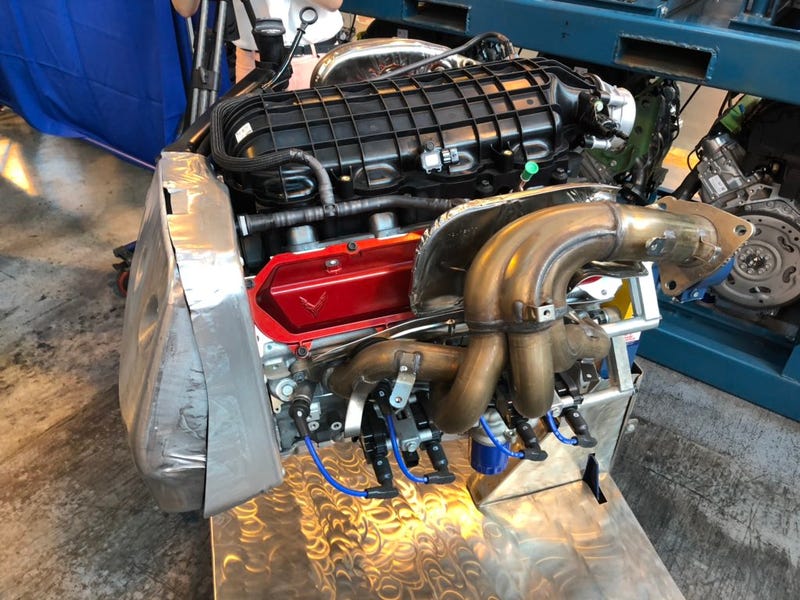
Buffalo, N.Y. (WBEN) With highly anticipated tariffs set to take effect Wednesday, a day which President Trump calls "Liberation Day," a highly respected Labor analyst in Buffalo is expecting a few things to happen.
"Number one, you're already seeing people rush to dealerships to buy a car before the tariffs go into effect. Also, used car prices are going to go up. And, you're going to see some job losses, at least in the beginning, as the auto industry tries to sort out its supply chain, much like the computer chip
shortage that began in 2020," said Art Wheaton of Cornell in Buffalo.
Being a border city, Buffalo could face a huge hit according to Wheaton. When you consider the amount of cross border commerce that takes place between auto plants, such as the GM Powertrain plant in Tonawanda or Ford's Stamping plant in Woodlawn. The closest assembly plant for Ford is in Oakville, Ontario. Engines in Tonawanda are sent to Oshawa, Ontario.
"If you're sending them back and forth and back and forth, it makes a difference for the cost of all of those parts. It's 25% extra added onto the price of a vehicle for the parts and they may decide to source locally instead of shipping them back and forth."
He said it's putting unions in a tough spot.
"It's a hard place for a lot of union folks," explained Wheaton. "For Shawn Fain and the UAW the goal is to have more auto jobs here in the U.S. But it has to be stable and predictable so you can make those long term financing decisions in advance of where to locate a plant. If the tariffs are on again, off again, it won't work."
We asked Wheaton realistically how soon the U.S.could bring more auto manufacturing back to this country?
"I don't think it's possible for any new plant to open during the Trump administration. I think it would take at least three or four years to start building
and then get a plant up and running."
Wheaton pointed out that in Belvidere, Illinois, a plant was shut down a few years ago. In 2023, they decided to reopen it. But it will still be at least two more years before the first product will roll off. And that, he said, is an existing plant.
